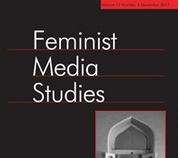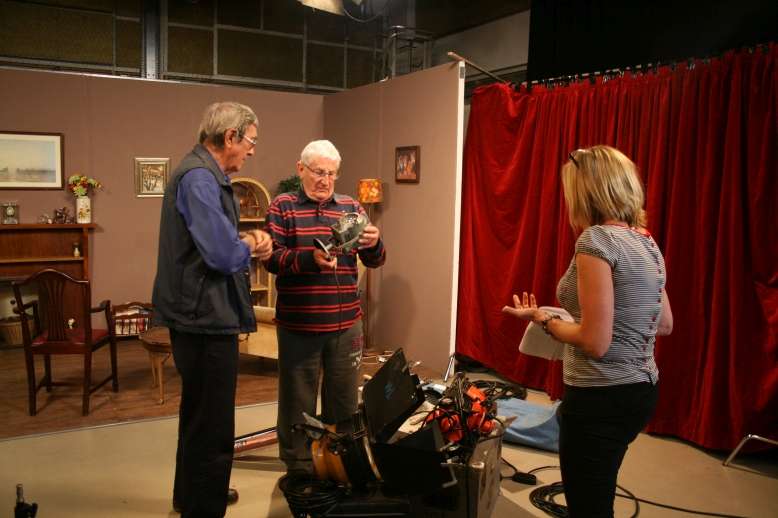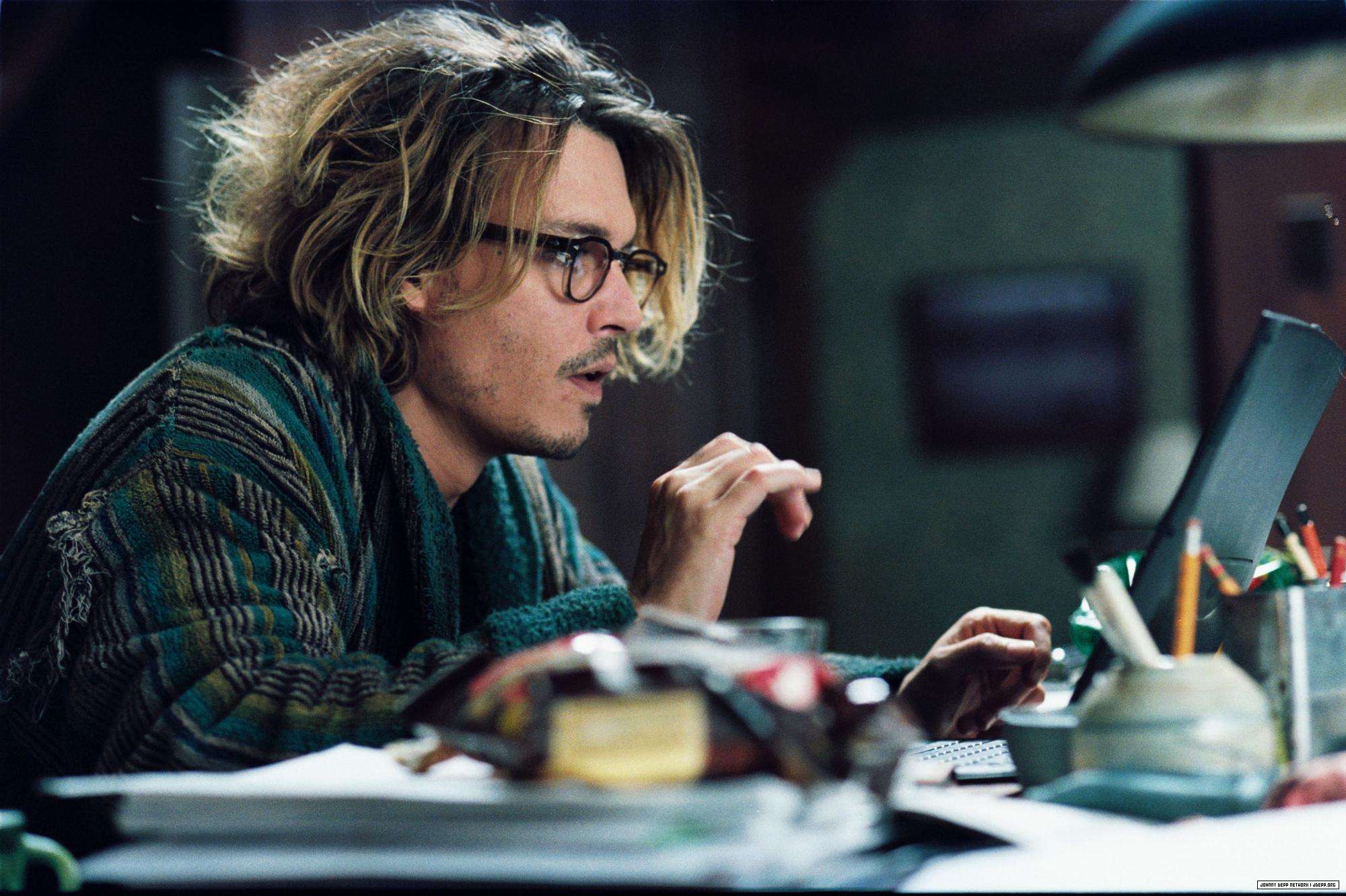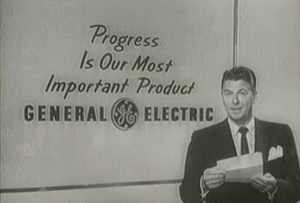
Date of Event: 8th March 2018 Name of Organization: Centre for Media Research, and the Arts and Humanities Research Institute Ulster University, Northern Ireland Contact Email: hashtagresist2018@gmail.com Organisers: Dr Giuliana Monteverde and Dr Victoria McCollum (Ulster University) Deadline for Abstracts: 30th November 2017 Website: https://hashtagresist.wordpress.com/ We invite papers that explore protest and resistance in relation […]








